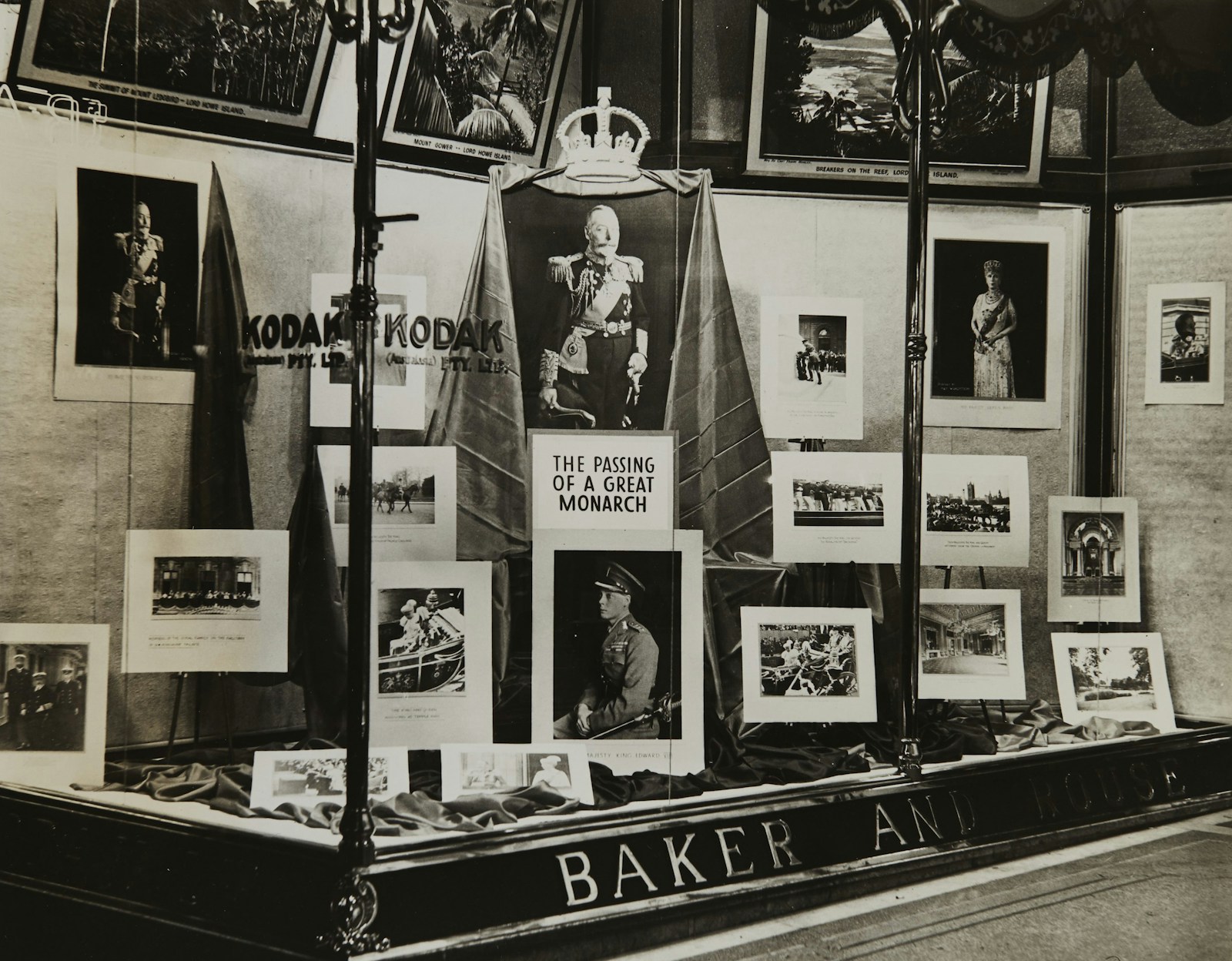
ejército

army
The Spanish word for 'army' is 'ejército'. It is a masculine noun most commonly used in a general context to refer to a nation's permanent, professional land-based military force. Much like in English, it can also be used metaphorically, as in 'an army of supporters'.
Example sentences using: ejército
El entrenamiento del ejército es riguroso.

Army training is rigorous.
This sentence refers to the demanding ('riguroso') nature of the army's ('el ejército') training ('entrenamiento').
El ejército defiende a la nación.

The army defends the nation.
Here, 'El ejército' means 'The army', 'defiende' is 'defends', and 'a la nación' is 'the nation'. The total sentence expresses the protective role of the army within a nation.
El alistamiento en el ejército es estricto.

Enlistment in the army is strict.
This sentence talks about how rigorous ('estricto') the process of enlistment ('alistamiento') in the army ('ejército') is.
Nuestro ejército es fuerte.

Our army is strong.
In this example, 'Nuestro' translates to 'Our', 'ejército' is 'army', and 'es fuerte' means 'is strong'. This phrase is directly related to the strength of an army.
El ejército está aquí para protegernos.

The army is here to protect us.
This sentence expresses the role of the army — 'el ejército' in Spanish — which is to protect ('protegernos'). The verb 'está' means 'is', and 'aquí' means 'here'.
Mi hermano se unió al ejército.

My brother joined the army.
In this sentence, 'Mi hermano' translates to 'My brother,' while 'se unió al' is the Spanish equivalent of 'joined'. The phrase 'al ejército' stands for 'the army.'
El ejército capturó al enemigo.

The army captured the enemy.
This sentence combines 'El ejército' (The army) with 'capturó' (captured) and 'al enemigo' (the enemy) to convey a military activity.
El uniforme del ejército es verde.

The army's uniform is green.
The phrase talks about the color of the army's uniform. 'El uniforme del ejército' means 'the army's uniform' and 'es verde' translates to 'is green'.
El tamaño del ejército ha aumentado.

The size of the army has increased.
This sentence means that the number of people or resources in the army ('el tamaño del ejército') has grown or 'ha aumentado'.
El ejército nacional está en alerta.

The national army is on alert.
This phrase means that the national army ('el ejército nacional') is on alert ('está en alerta'), possibly due to a threat or potential danger.